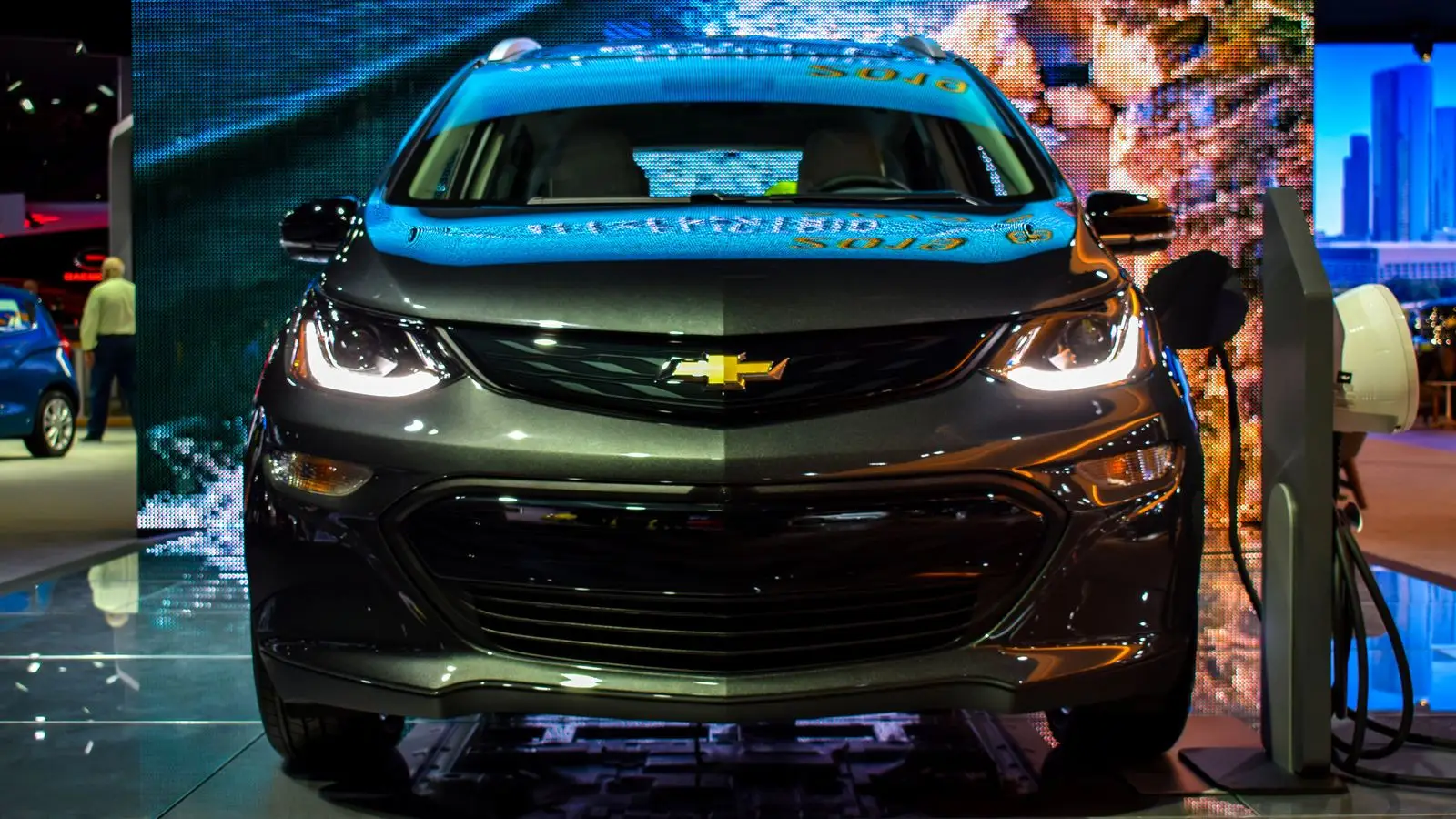Chevrolet leads EV growth in the US with Equinox, Blazer, and Silverado

Chevy's EV sales surged 50%, making it the fastest-growing brand in the US. Learn how Equinox, Blazer, and Silverado are challenging Tesla's dominance.
Chevrolet is making a bold statement in the U.S. electric vehicle market. According to the latest data, it's now the fastest-growing EV brand in the country—outpacing not only Ford but also high-profile competitors like Rivian. While Tesla still commands around 50% of EV sales, that share is shrinking—down from 56% just a year ago. Meanwhile, Chevrolet is rapidly expanding its footprint with a focus on affordability, variety, and strategic execution.
Three models are driving Chevy's surge: the Equinox EV, Blazer EV, and Silverado EV. Among them, the Equinox EV stands out—rising to become the eighth best-selling EV in the U.S. by the end of 2024, just a year after its debut. In Q4 2024, Equinox sales soared 85% quarter-over-quarter to 18,089 units. During the same period, the Blazer EV moved 7,883 units, while Silverado EV sales reached 2,176.
GM’s overall EV sales jumped 50% in the final quarter, doubling its market share to 12.5%. This momentum allowed Chevrolet to surpass Ford and claim the number-two spot in the U.S. EV market. Ford, for comparison, sold 97,900 electric vehicles in 2024, including the Mustang Mach-E and F-150 Lightning.
Chevy’s strength lies not only in volume but also in value. The Equinox EV offers up to 319 miles of range and starts at $34,995—positioning it as a compelling option against more expensive rivals. The Blazer EV, which is just ramping up sales, comes in LT, RS, and SS trims, with FWD, AWD, and RWD variants and up to 312 miles of range. According to GM, both models still qualify for the $7,500 federal EV tax credit, lowering effective prices to around $27,500 for the Equinox and $38,500 for the Blazer, depending on configuration.
Charging infrastructure also plays a key role. While no official partnership with Tesla’s Supercharger network has been announced, Chevrolet EVs are compatible with most public fast-charging stations, and some Tesla Superchargers have become accessible to non-Tesla vehicles.
GM’s rapid rise is backed by deep investments. The automaker is scaling battery production through its Ultium Cells joint venture with LG Energy Solution and recently committed $625 million to develop the Thacker Pass lithium project in Nevada through a partnership with Lithium Americas. These moves aim to reduce supply chain reliance and bring down production costs.
Challenges remain. GM had to pause production of some models in 2023 due to battery shortages, and EV dealer adaptation has been inconsistent. Still, GM leadership remains confident, expecting EV sales to become profitable by the end of 2024.
Chevrolet’s growth story proves that a bold strategy can yield results, even in a crowded market. If momentum continues, Chevy may solidify its position as the #2 EV brand—and keep chipping away at Tesla’s lead.
Mark Havelin
2025, Mar 26 23:12


